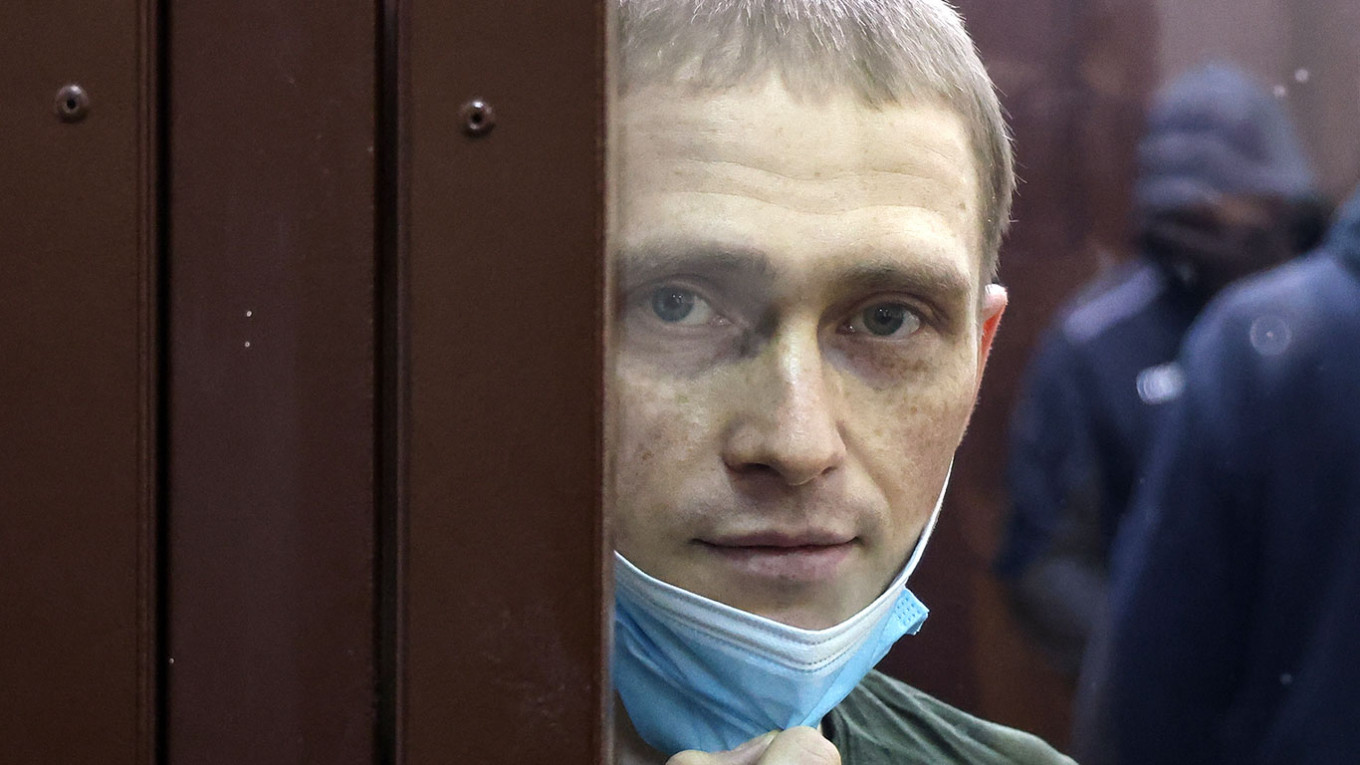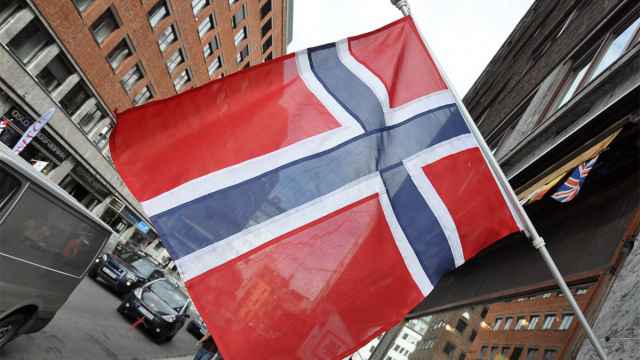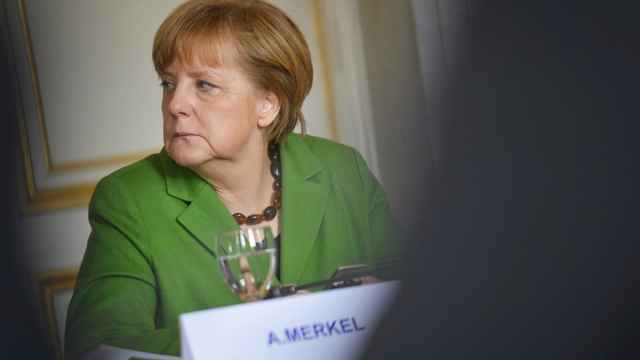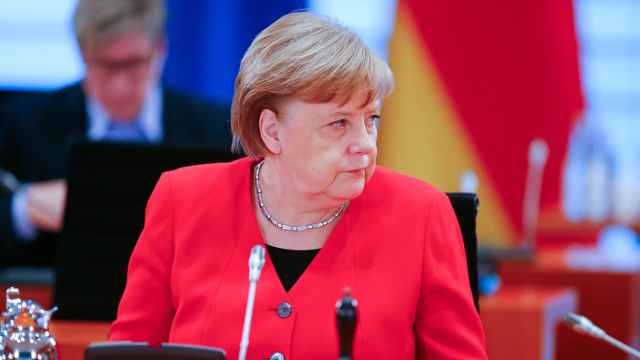A Russian court has sentenced the alleged leader of the Lurk hacker group and self-proclaimed hacker behind the 2016 U.S. Democratic National Committee email leak to 14 years in prison, Interfax reported Monday.
Investigators accused Konstantin Kozlovsky and his group of creating the Lurk virus, which allowed them to steal over 1 billion rubles ($13.2 million) from Russian banks and enterprises since 2013.
The Kirovsky District Court in Russia’s fourth-largest city Yekaterinburg found Kozlovsky guilty of organizing a criminal group, large-scale fraud and illegal access to computer information.
State prosecutors had requested a sentence of 18 years for Kozlovsky.
Law enforcement authorities reportedly started investigating Kozlovsky and 20 other members of Lurk following a thwarted 2016 plot to steal 23 million rubles ($300,900) from Kremlin-linked businessman Yevgeny Prighozin’s Concord catering company.
The other 20 defendants received prison sentences ranging from five to 13 years.
Kozlovsky claims that he was recruited by Russia's Federal Security Service (FSB) in 2008 to take part in a number of high-profile hacks, including the hacking of the DNC servers and Hillary Clinton's campaign during the 2016 presidential election, as well as the World Anti-Doping Agency (WADA) and U.S. military enterprises. He alleges that former FSB officer Dmitry Dokuchaev oversaw his work.
However, investigators found no such connection between Lurk and the FSB, nor did they find that Kozlovsky stole data from U.S. government servers using malware, Interfax reported.
Dokuchaev, who was imprisoned on treason charges in 2019, has denied any link between Kozlovsky and the FSB.
“I don't know Kozlovsky and, accordingly, did not have any cooperation with him,” Dokuchaev told the RBC news website through his lawyer.
Kozlovsky has maintained that the charges against him and Lurk were fabricated, saying that there were inconsistencies throughout the indictment against him, and that he had simply been carrying out the requests of state officials.
A Message from The Moscow Times:
Dear readers,
We are facing unprecedented challenges. Russia's Prosecutor General's Office has designated The Moscow Times as an "undesirable" organization, criminalizing our work and putting our staff at risk of prosecution. This follows our earlier unjust labeling as a "foreign agent."
These actions are direct attempts to silence independent journalism in Russia. The authorities claim our work "discredits the decisions of the Russian leadership." We see things differently: we strive to provide accurate, unbiased reporting on Russia.
We, the journalists of The Moscow Times, refuse to be silenced. But to continue our work, we need your help.
Your support, no matter how small, makes a world of difference. If you can, please support us monthly starting from just $2. It's quick to set up, and every contribution makes a significant impact.
By supporting The Moscow Times, you're defending open, independent journalism in the face of repression. Thank you for standing with us.
Remind me later.






